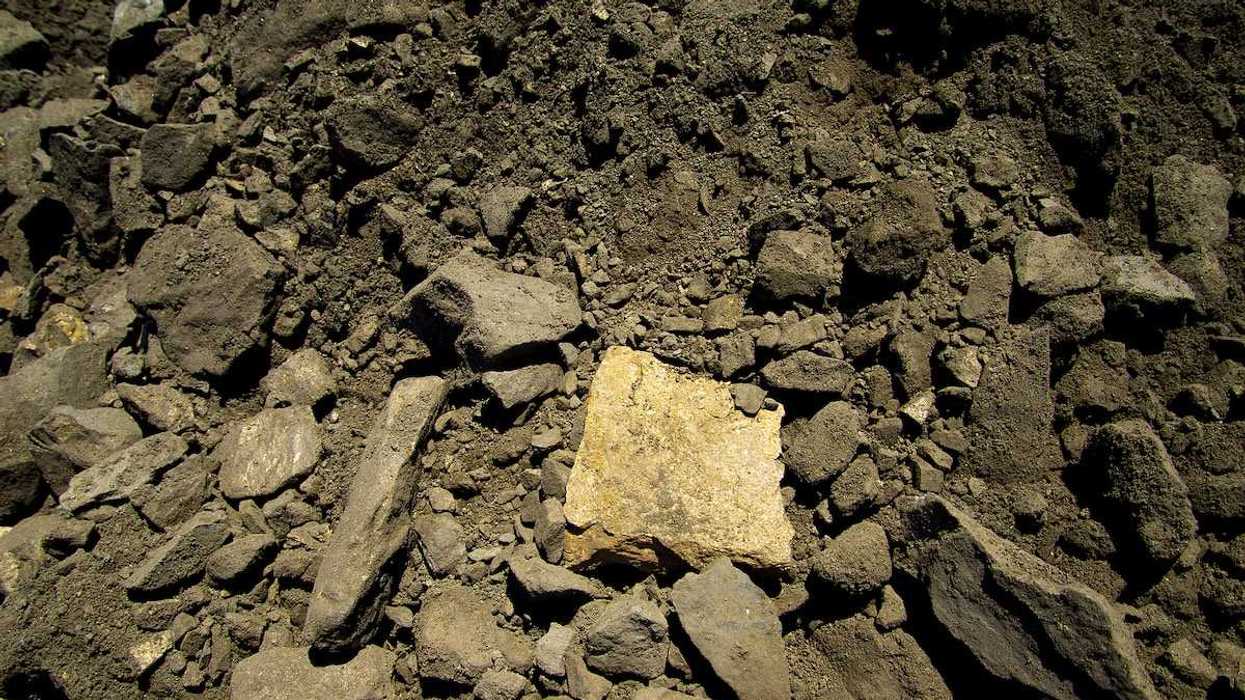The U.S. Department of Energy’s partnership with a major plastics lobbying group has fueled concerns that the agency is prioritizing industry-backed chemical recycling over broader efforts to reduce plastic production.
Joseph Winters and Emily Sanders report for Grist.
In short:
- In 2020, the Department of Energy (DOE) signed a five-year agreement with the American Chemistry Council to collaborate on plastics recycling, including controversial chemical recycling methods.
- Critics argue the partnership has led to industry-influenced research and funding, with little transparency about decision-making or public input.
- Despite doubts about chemical recycling’s feasibility, the DOE has invested millions in research, aligning with the petrochemical industry’s push to justify continued plastic production.
Key quote:
“There’s no transparency on how DOE is developing their policies around plastic waste. They seem very much in line with the industry agenda that's clearly formalized in the memorandum of understanding.”
— Daniel Rosenberg, director of federal toxics policy at the Natural Resources Defense Council
Why this matters:
Chemical recycling has yet to prove viable at scale, but industry-backed studies promote it as a solution to plastic pollution. The DOE’s support for these efforts may divert attention from more effective waste reduction strategies. A lack of transparency raises questions about whether public funds are being used in the public’s best interest or to serve corporate agendas.
Read more from EHN:














